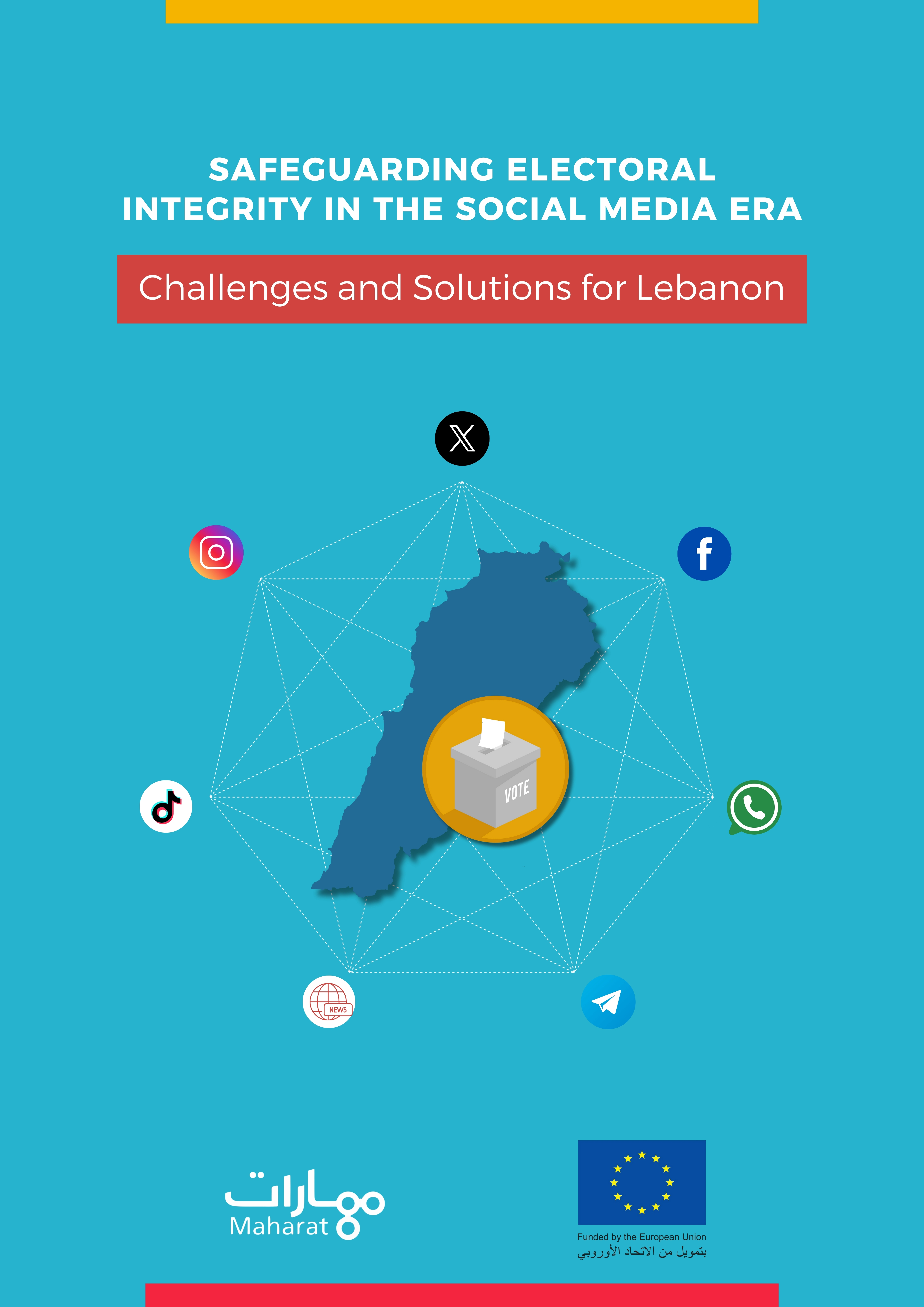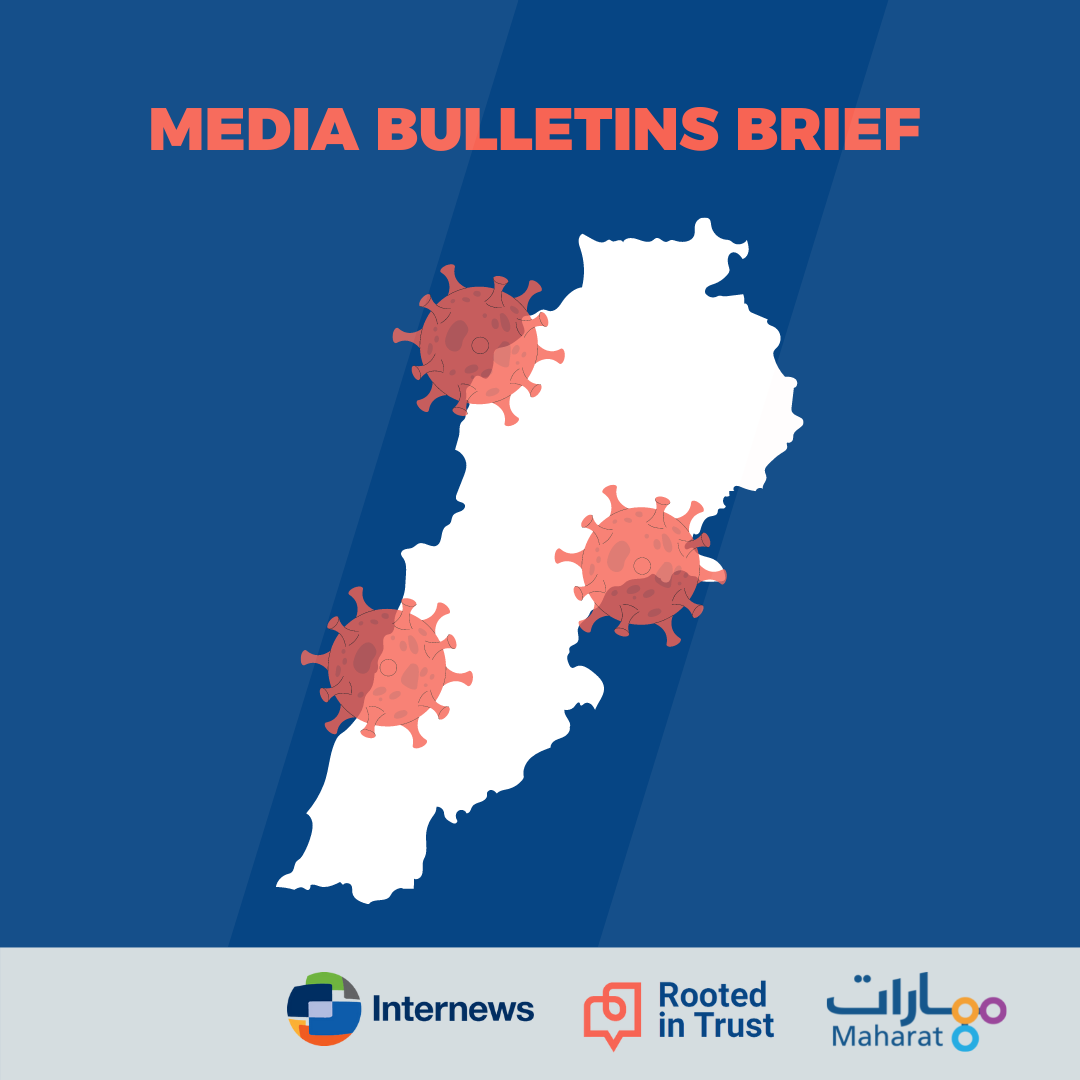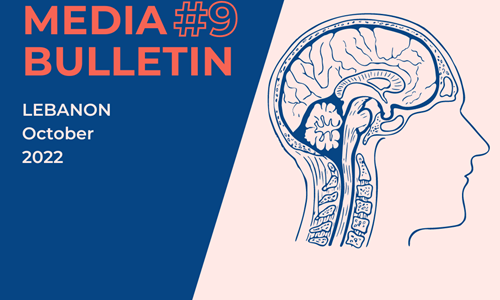
Report on Safeguarding Electoral Integrity in the Social Media Era: Challenges and Solutions for Lebanon
This report examines how social media has reshaped Lebanon’s electoral information environment, emphasizing that Lebanon is no exception to the global trend, where these platforms amplify falsehoods and expose users to disinformation and inflammatory content, fueling societal divisions, fragmentation, polarization, and populism. Monitoring during the last elections revealed extensive dissemination of false news, hate speech, emotionally charged propaganda, and covert political advertising.
Despite these risks, Lebanon’s legal and institutional frameworks remain poorly equipped to respond:
- The 2017 Electoral Law does not cover online campaigning or digital political advertising, leaving a regulatory loophole that weakens oversight.
- The Supervisory Commission for Elections (SCE) monitored online campaigning for the first time in 2022, but it has no explicit authority to sanction violations on social media.
- Similarly, the 2018 Data Protection Law suffers from vague provisions and the absence of independent oversight, enabling widespread misuse of voters’ personal data.
- Emerging technologies such as artificial intelligence remain largely unregulated, and regulatory efforts may encounter the typical institutional and legislative hurdles.
- Lebanon lacks a binding framework to hold platforms accountable and has not established mechanisms for systematic cooperation. Given its limited leverage over global platforms, fully enforcing such a framework would be challenging.
By contrast, Europe has developed a far stronger regulatory framework. Through instruments such as the Digital Services Act, Digital Markets Act, GDPR, AI Act, and the Code of Practice on Disinformation, the EU imposes obligations on platforms to ensure accountability, address online disinformation, restrict harmful microtargeting, and improve transparency in political advertising, as well as address the issue of deepfakes and harmful use of Artificial Intelligence.
Consequently, the report stresses the urgent need for reform, but highlights that it must strike a careful balance. Overregulation carries the risk of further shrinking civic space and restricting freedom of expression, as demonstrated by the use of media laws in Lebanon. Effective responses should combine legislative and non-legislative measures: stronger rules on digital campaigning, data protection, AI use, and enhanced platform accountability, alongside efforts to promote media literacy, voter education, independent journalism, and fact-checking.
Moving forward, Lebanon could benefit from multi-stakeholder cooperation. A social media code of conduct for elections could establish ethical standards for campaigning, while closer partnerships between the Supervisory Commission for Elections, civil society, academia, and platforms would enhance transparency and accountability.
Furthermore, coalitions between government, civil society, academia, the private sector, and the technical community could initiate policy discussions that align interests and leverage global tech companies’ existing obligations in other markers to promote greater transparency and accountability in Lebanon.





